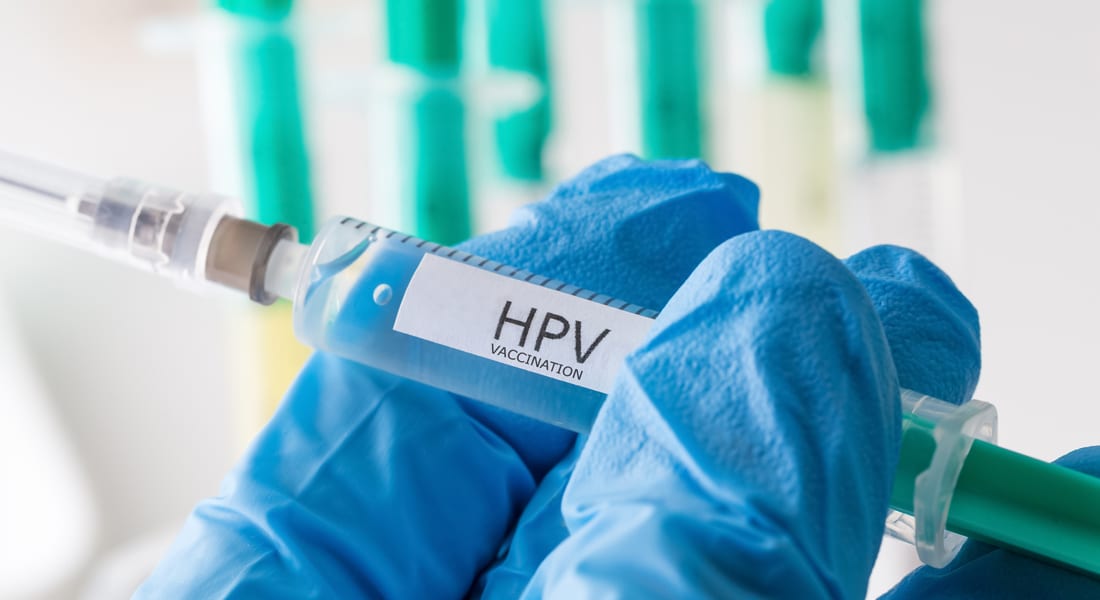In the first study of its kind, self-persuasion software on an iPad motivated low-income parents to want to protect their teens against the cancer-causing Human Papillomavirus.
Journalist Justin Martin with KERA public radio news covered the research of SMU psychology professor Austin S. Baldwin, a principal investigator on the research.
KERA’s article, “Teens In Low-Income Families Get HPV Vaccine If Parents Persuade Themselves Of Benefits,” aired April 12, 2017.
The SMU study found that low-income parents will decide to have their teens vaccinated against the sexually transmitted cancer-causing virus if the parents persuade themselves of the protective benefits.
The study’s subjects — almost all moms — were taking their teens and pre-teens to a safety-net pediatric clinic for medical care. It’s the first to look at changing parents’ behavior through self-persuasion using English- and Spanish-language materials.
A very common virus, HPV infects nearly one in four people in the United States, including teens, according to the Centers for Disease Control. HPV infection can cause cervical, vaginal and vulvar cancers in females; penile cancer in males; and anal cancer, back of the throat cancer and genital warts in both genders, the CDC says.
The CDC recommends a series of two shots of the vaccine for 11- to 14-year-olds to build effectiveness in advance of sexual activity. For 15- to 26-year-olds, they are advised to get three doses over the course of eight months, says the CDC.
Currently, about 60% of adolescent girls and 40% of adolescent boys get the first dose of the HPV vaccine. After that, about 20% of each group fail to follow through with the second dose, Baldwin said.
Listen to the KERA radio interview with Justin Martin.
EXCERPT From KERA News:
Guilt, social pressure and even a doctor’s recommendation aren’t enough to motivate low-income families to vaccinate their teenagers for Human Papillomavirus (HPV), according to research from Southern Methodist University.
But a follow-up study from SMU finds that if parents persuade themselves of the benefits of the vaccinations, more teenagers in low-income families receive protection from the sexually transmitted, cancer-causing virus.
Austin Baldwin, a professor of psychology at SMU, led the research.
What the study tells us about poverty: HPV is a sexually transmitted virus that is the primary cause of a variety of cancers. There’s been a vaccine developed in the last 10 years, 12 years that’s now approved. At times, those who are underinsured or uninsured don’t have this same level of access to it. Both here locally as well as nationally [among] folks who are poor, who are uninsured, we see clear disparities across a variety of health outcomes including cancer, including cervical cancer. The HPV vaccine is potentially a very effective means to address some of those health disparities.
How the study was conducted: We recruited parents of adolescents who get their pediatric care at Parkland clinic, and they participated in an iPad app that we developed. It provides them with some basic information about HPV and about the vaccine. It then prompts them with a number of questions to think about why getting the vaccine may be important, and then it prompts them to generate their own reasons for why they would get the vaccine. Most of the parents who had not previously given thought to or were undecided about the vaccine reported that they had decided to get their adolescent vaccinated.
